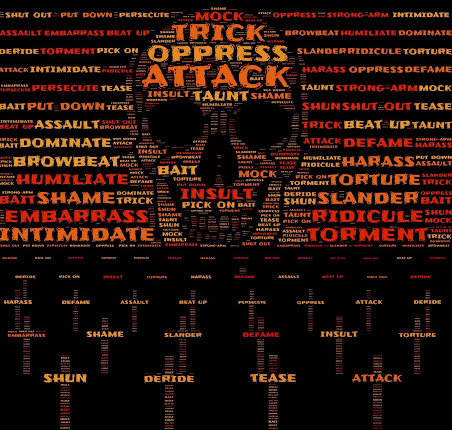Shame and Guilt Understanding, Impact and Coping
“Heaven knows we need never be ashamed of our tears, for they are rain upon the blinding dust of earth, overlying our hard hearts. I was better after I had cried, than before--more sorry, more aware of my own ingratitude, more gentle.”― Charles Dickens
Overcoming Shame and Guilt
The Impact of Shame
Shame and Guilt in Relationships
Shame and Guilt
"Shame and guilt are two complex emotions that are often experienced in response to personal actions or behaviors that are perceived as wrong, immoral, or socially unacceptable. While they may seem similar, shame and guilt have distinct characteristics.Shame typically involves feeling a deep sense of embarrassment, humiliation, and worthlessness about oneself as a whole. It is often accompanied by a strong desire to hide or withdraw from others due to the fear of being judged or rejected. Shame tends to focus on one's identity, suggesting that the individual is inherently flawed or defective.
Guilt, on the other hand, is more focused on the specific actions or behaviors that are deemed inappropriate or unethical. It arises from a sense of responsibility for one's actions and involves feelings of remorse, regret, and self-reproach. Guilt may motivate individuals to make amends or take corrective actions to address the harm they believe they have caused.
While shame and guilt can serve as moral compasses, prompting individuals to reflect on their actions and make positive changes, they can also have negative impacts on one's well-being if experienced excessively or inappropriately. Persistent or overwhelming shame and guilt can lead to feelings of self-loathing, low self-esteem, anxiety, depression, and even contribute to various mental health issues.
It is important to note that shame and guilt are influenced by cultural and social factors, and their intensity and expression can vary across different societies and individuals. Additionally, the experience of shame and guilt can be shaped by personal beliefs, values, upbringing, and social conditioning.
Addressing shame and guilt often involves self-reflection, self-compassion, and a willingness to acknowledge and take responsibility for one's actions. Seeking support from trusted individuals, such as friends, family, or mental health professionals, can also be beneficial in navigating and processing these complex emotions." (Source: ChatGPT 2023)
Emotional First Aid: Healing Rejection, Guilt, Failure, and Other Everyday Hurts
Gut Winch PH.D.
Guilt, Shame, and Anxiety: Understanding and Overcoming Negative Emotions Peter R. Breggin M.D.
Overcoming Guilt and Shame: Simple Solutions to Move Past Guilt, Shame, and More! Angela Agranoff
Gut Winch PH.D.
Problems with the Assessment of Shame and Guilt Article
Shame In A Relationship: How Does It Affect You & Your Partner? Article
Relationships Between Shame and Guilt in the Socializing Process Article
Shame & Guilt: Masters of Disguise
Jane Middelton-Moz
The Relationship Between PTSD and Shame Article
Toxic Shame: What It Is and How to Cope Article
Jane Middelton-Moz
Shame: The Underside of Narcissism
Andrew P. Morrison
The Key Differences Between Shame and Guilt Article
The Psychology of Shame: Theory and Treatment of Shame-Based Syndromes, Second Edition
Gershen KaufmanThe Scientific Underpinnings and Impacts of Shame Article
Toxic Shame: What It Is and How to Cope Article
Understanding and Coping with Guilt and Shame PDF Document Download
